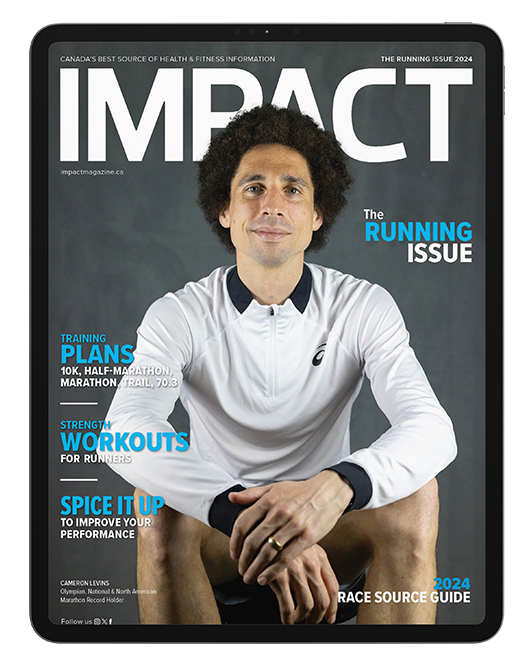While the fountain of youth has been sought for millennia, simple lifestyle factors, such as exercise and nutrition, have been regarded as medicine since antiquity and are indeed the cornerstones of good health and longevity.
Over the past century, scientists have proven that these lifestyle factors protect against a spectrum of chronic diseases, significantly reduce our risk of serious illnesses, and even impact the biological aging process on the DNA level.
Longevity diets
We now know that eating vegetables, nuts, fruits, whole grains and protein is your best bet for good health and a long life. Conversely, consuming a low-nutrient diet high in sugar, sodium, saturated and trans fats, and processed foods, predisposes one to chronic disease.
Thus, Mediterranean-type diets are preferable over typical Western diets for a long life, which supports both anecdotal and experimental observations made in populations in “Blue Zones” that have an unusually high percentage of centenarians (e.g., Loma Linda, California, U.S.A.; Nicoya, Costa Rica; Sardinia, Italy; Ikaria, Greece; Okinawa, Japan).
Remember that several factors act in concert with nutrition for attaining these extraordinary longevity benefits. These include regular exercise, stress management, practising good sleep hygiene, having a sense of belonging and purpose in life, family connections, and social networks.
Restrictive diets, such as caloric restriction, intermittent fasting, low-carbohydrate, and ketogenic diets, have shown promise for weight management and treating metabolic disease.
Although some of these diets may extend lifespan in animal models, the jury is still out regarding longevity benefits in humans, and questions remain regarding long-term feasibility.
Collectively, the scientific community agrees that moderating food intake by recognizing satiety cues, chewing slowly, and eating in the company of others is more helpful and feasible than counting calories.
Key Longevity Macro and Micronutrients
Proteins
The recommended daily intakes (RDI’s) of macronutrients remain largely the same across age groups with one exception. Protein consumption must be increased from 0.8 gram/kilogram body weight/day to 1.2 – 1.8 gram/kilogram body weight/day for older adults (55+).
Lifestyle choices and other conditions may further increase our protein needs, including sports participation, orthopedic surgery, weight management, and vegetarianism.
For plant-based diets, rice, soybeans, peas, canola, and fava etc. are all excellent protein sources, which may be further purified into isolates and concentrates.
Following the table recommendations, optimal protein intake for maintenance of muscle in old age is 0.4 – 0.6 gram/kilogram body weight, equating to 24 – 36 grams (60 kilograms body weight), 32 – 48 grams (80 kilograms body weight), 40 – 60 grams (100 kilograms body weight) of protein per meal.
Creatine
Creatine is another key nutrient that is integral for development and longevity, cognition, and metabolism. Because the body supplies 50 per cent of its creatine needs, the remainder must come from your diet and/or supplementation. For those who have chosen a plant-based diet, it is necessary to supplement three to five grams of creatine monohydrate daily to maintain overall health.
Omega-3 fatty acids
Omega-3s are imperative for brain development and may prevent cognitive decline. They are also multi-functional and provide anti-inflammatory, immune, muscle, and lipid-lowering benefits. Algae and seaweed are excellent sources of omega-3s in plant-based diets. Importantly, when selecting an omega-3 source, be mindful of the main active ingredients, EPA and DHA. Choose a source or supplement that provides high amounts of EPA/DHA (250 – 500 milligrams of EPA/DHA per day) since it is known that these are the primary health boosting components of omega-3 oils.
Vitamins and minerals
Vitamin D3 and calcium are integral for overall health and bone development, and deficiencies in both are very common. Canadian RDIs for adults are currently set at 800 IU (vitamin D3) and 1200 milligrams (calcium) and daily supplementation is generally recommended.
Antioxidants
Other micronutrients of interest are those that can regulate the key drivers of the biological aging process, such as mitochondrial dysfunction, oxidative stress, and inflammation.
For example, vitamin E, CoQ10 and alpha-lipoic acid are naturally occurring antioxidants with complimentary modes of action that have proved to effectively scavenge reactive oxygen species (ROS), and protect against DNA damage.
Longevity supplements
Plain and simple, the best supplements are those that meet Health Canada guidelines, follow safe and effective dosing ranges, and have scientific support from human clinical trials.
For longevity benefits, supplements should ideally protect against muscle and bone loss, metabolic disease, and the roots of biological aging.
Collectively, multi-ingredient supplements are the best way to target all the pathways affected by the aging process. They are also convenient and cost-saving compared to purchasing many single-ingredient supplements.
Exercise
Scientists have proven that exercise protects against a spectrum of chronic disease states, delays critical organ failure, and extends lifespan by almost 10 per cent in humans.
Aerobic exercise (“cardio”) is considered the gold-standard for enhancing cardiovascular fitness, health, and longevity, while resistance exercise (“weights”) is more effective for building strength and muscle/bone mass.
Mixed exercise is recommended on a weekly basis, including cardio for two to five days per week (minimally 150 minutes) and whole-body strengthening exercises two days per week
(30 – 60 minutes per session).
The best type of exercise is the one that you enjoy, is sustainable, and adjustable to your current needs, which undoubtedly will change over a lifetime.
You may also like: Nutrition for Endurance

Read This Story in Our 2024 Running Issue
Featuring Canadian Olympic, National & North American Marathon Record holder Cameron Levins. Run your way around the world with some cool, quirky and unconventional races. Train for 10 km right up to a marathon – plus a 25 km trail run and 70.3 program. Strength workouts for runners, spice it up to improve your performance and so much more.
















